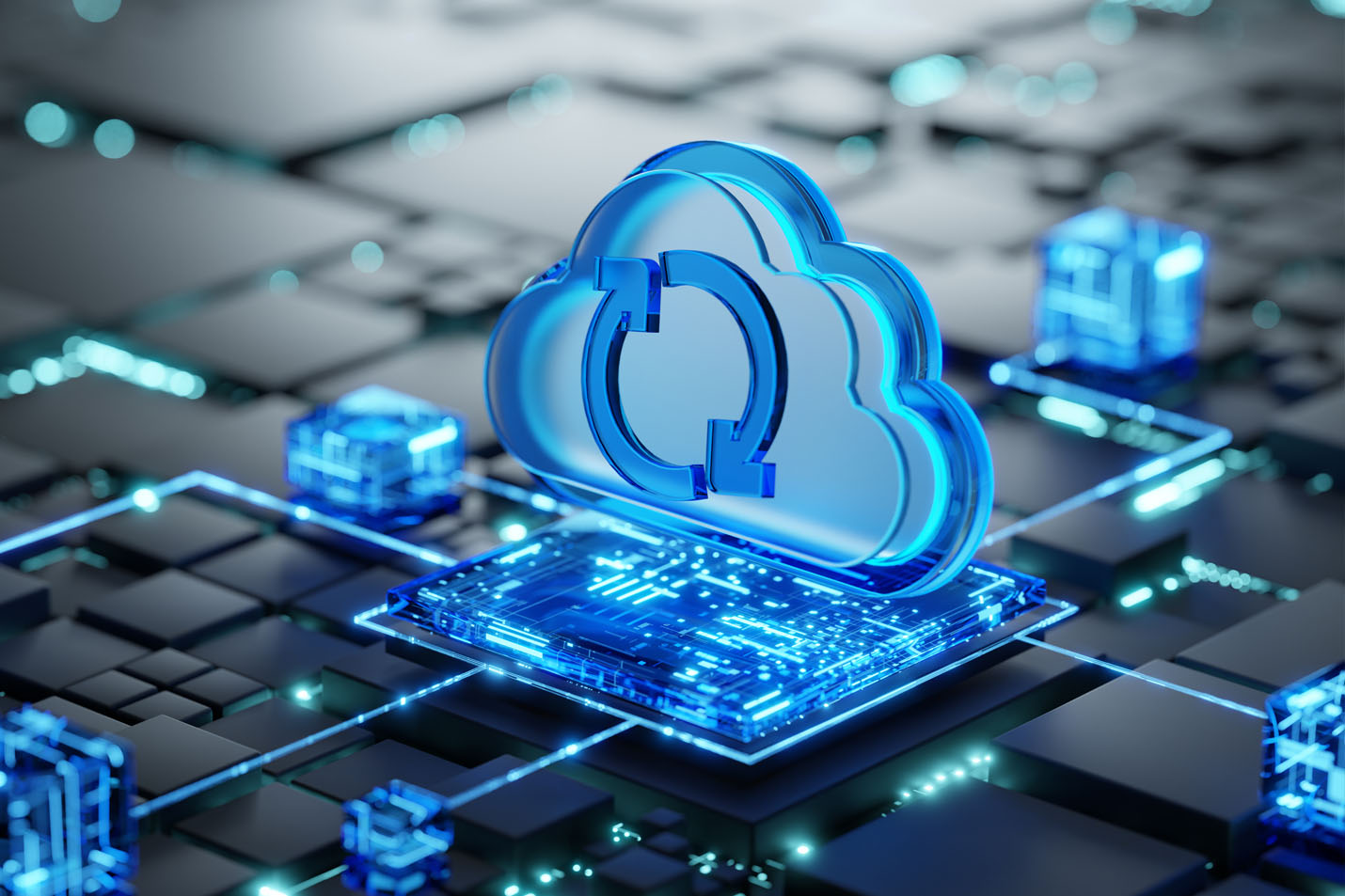
Your Cloud Strategy Starts with Rock-Solid Data Center Connectivity
In today’s fast-paced digital world, data is the lifeblood of every business. Whether you’re a small business or a large enterprise, your ability to capture, store, and manage data is essential. As digital transformation accelerates, the amount of data that businesses handle is exploding, and the need for reliable, secure, and efficient data management solutions has never been greater. That’s where the cloud comes in.
It's no secret that the majority of organizations—more than 98%—are leveraging cloud computing in some form. From cloud-based applications to complex hybrid cloud solutions, businesses are increasingly moving their data off-site to the cloud. Around 60% of all business data now resides in the cloud. But what makes the cloud possible? The answer is data centers.
The Cloud and Data Center Connection
Data centers are the backbone of the cloud. They provide the necessary infrastructure, security, and support to host and manage cloud resources and applications. Without data centers, the cloud simply wouldn’t exist. Large cloud providers operate massive networks of interconnected servers across numerous data centers worldwide, while smaller cloud setups might involve server racks in a single facility. Regardless of size, data centers are fundamental to cloud operations.
The relationship between the cloud and data centers is symbiotic. Data centers house the physical hardware, while cloud computing enhances data center flexibility, scalability, and redundancy. This synergy allows businesses to access computing resources on-demand, remotely, and with impressive agility and security. It also shifts the burden of IT infrastructure management from the business to the cloud and data center providers.
Hybrid Cloud: The Best of Both Worlds
The hybrid cloud model perfectly illustrates this relationship. It allows businesses to distribute workloads between decentralized cloud resources and centralized, on-premises data center resources. This approach combines the reliability and security of traditional data centers with the agility and scalability of the cloud. Businesses can keep sensitive data and critical applications in their own data centers while using the cloud for less sensitive workloads or to manage surges in demand.
Different Data Center Models for Different Needs
As cloud demands increase, so does the variety of data center models. Here are a few key types:
- Edge data centers: These smaller facilities are located closer to customers, enabling faster interactions and minimal latency.
- Cloud data centers: Operated by cloud service providers, these high-security facilities support private and public cloud offerings.
- Multi-tenant data centers (MTDCs): Also known as colocation data centers, MTDCs offer secure, dedicated customer spaces with access to shared computing resources, providing flexibility and scalability.
The Critical Link: Data Center Connectivity
The vital link that enables businesses to leverage the power of data centers and cloud services is the connection between the business’s facilities and the data center resources. This connection can be established through various means, such as dedicated internet access, site-to-site VPNs, or dedicated MPLS links.
The type of connection a business needs depends on several factors:
- Bandwidth: How much data will be transmitted regularly?
- Latency performance: What response times are required for applications?
- Security requirements: How sensitive is the data being transmitted?
Setting up a data center connection involves addressing several issues, including network equipment, software, and service level agreements (SLAs). An SLA guarantees the level of service the data center will provide, covering aspects like power, temperature, and network availability.
Perhaps most importantly, businesses need sufficient bandwidth to maintain a consistent connection to the data center, both now and as their cloud use grows. Bandwidth requirements can range from 100-200 Mbps for small businesses to multiple 100 Gbps connections for large enterprises.
Shentel Business: Your Data Center Connectivity Partner
At Shentel Business, we understand that high-speed, reliable, and low-latency connectivity to data centers is essential for maximizing the value of cloud services. Every business has unique data center and connectivity needs. Some require the highest security of a Tier 4 data center, while others find a Tier 1 facility sufficient. Some businesses need connections to data centers with specific certifications like HIPAA or PCI.
Shentel Business’s Data Center Connectivity solutions are designed to meet these diverse needs. We offer direct connections to various data centers with different certifications and tier levels, providing a range of services and security options. With high-speed connectivity, Shentel Business can deliver a best-fit solution for businesses of any size.
Our robust network features a redundant, ring-protected architecture and network points of presence with diverse connectivity and power, ensuring resilient service. Our local Network Operations Center actively monitors the network 24/7/365, enabling us to deliver superior SLAs for latency, availability, and packet delivery.
In today’s global economy, the cloud is essential for efficient work and effective competition. Accessing the cloud requires a fast, flexible, and reliable connection to data centers. Connect with Shentel Business and let us help you establish the strong data center connectivity your business needs to thrive.
To learn more about your Data Center Connectivity options and get a personalized quote, contact a Shentel Business Account Manager today.